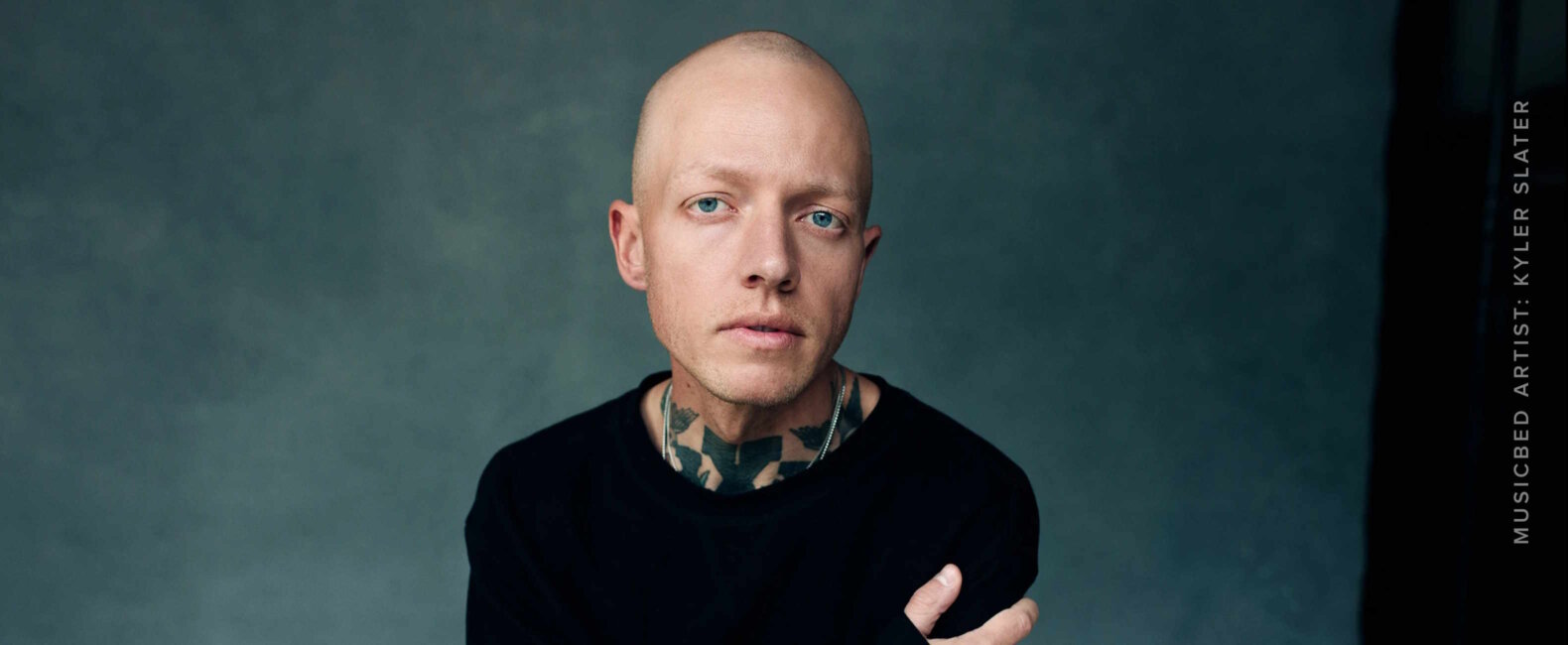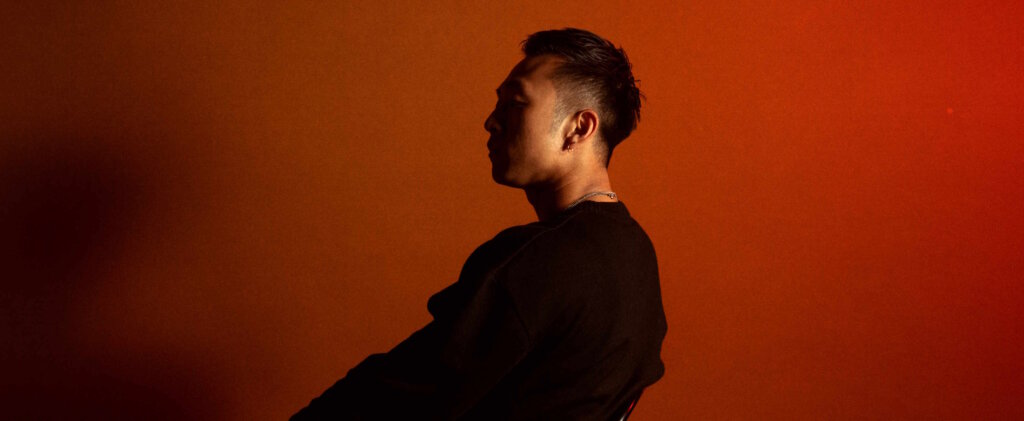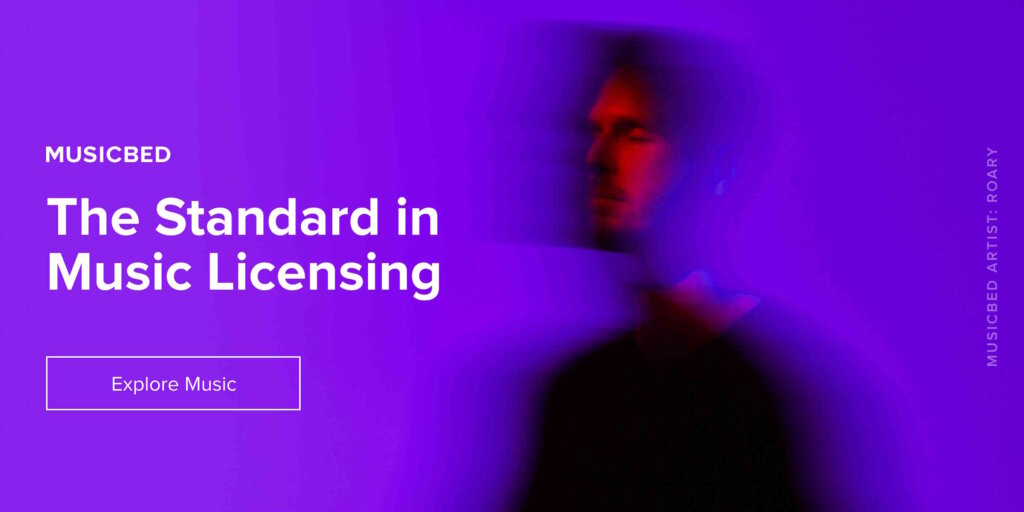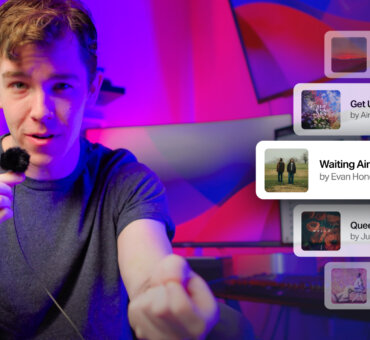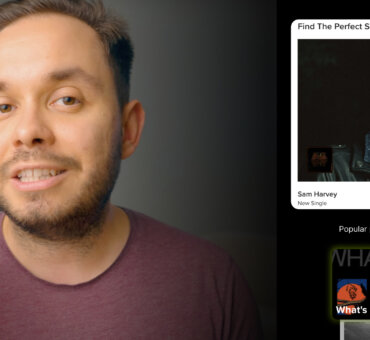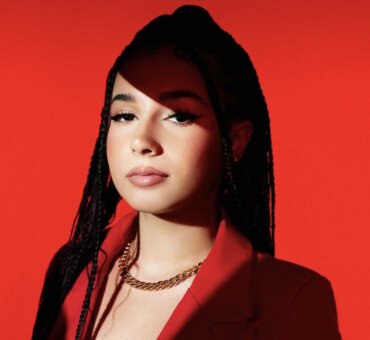No matter what kind of project you’re working on as a filmmaker, music licensing is always going to be important. If you’re looking to enter your film into a film festival of some sort, it’s doubly important to ensure all music license needs have been met.
Obtaining the correct music licensing for film projects covers a few different things. Firstly, you’re protecting yourself from copyright infringement which can bring with it potential legal action and harsh financial penalties, not to mention a damage to your own reputation as a filmmaker. When you’re entering film festivals, you want to make the best impression possible…a licensing issue could prove highly detrimental and embarrassing. Additionally, it’s only fair that musicians and artists are fairly compensated for their work.
Using Musicbed to soundtrack your film projects solves all of the above issues. In one simple, hassle-free subscription, you’ll be properly covered for film festivals, protecting yourself legally and ensuring the musicians are both compensated and acknowledged for their hard work. It’s a no brainer!
Can You Submit Films to Festivals with Copyrighted Music?
If you’re going to submit your film to a film festival, you should only do so once you’re certain you have all the correct licenses in place. Using copyrighted music at a film festival without proper licenses presents several significant risks.
First of all, it can lead to legal consequences including lawsuits and hefty fines, as copyright holders have the right to enforce their intellectual property rights. Additionally, the film or the festival could face reputational damage, which might deter future collaborations or sponsorships, damaging your relationships in the industry and your reputation.
In fact, almost all film festivals will highlight the that unauthorized use of music can result in the film being disqualified from the festival, or in the festival itself facing penalties, which could harm its credibility and standing in the industry. Securing the necessary licenses is crucial to avoid these risks and ensure your film entry goes smoothly and has the best possible chance of winning. If you’re spending significant money to enter the festival, why cut corners and take risks? It’s simply not worth it.

What License Do You Need to Use a Song in a Film?
There are six major forms of music licenses:
Synchronization License (Sync License). Musicbed’s platform is built completely on representing musicians and composers for sync licensing. This method of licensing refers to music that is going to be paired (or synced) with some form of visual media. It has a broad range of uses, including commercials, studio films, streaming advertisements, personal films, internal communications, and more.
Mechanical License. A mechanical license is needed for any physical reproduction of an artist’s work. Most commonly, this refers to the manufacturing of CDs or distribution of music in any tangible form. Artists, aka copyright holders, will have agreements with record labels, distributors, and publishers on the mechanical terms of their music, and are generally paid per-copy.
A mechanical license is also needed if you are planning on recording a cover song, even if only a portion of the original song is used. This also includes adding your own lyrics, re-mixing, or changing anything about the original recording that affects the overall integrity of the artists’ composition. You can obtain a mechanical license for most songs by searching the Harry Fox Agency database or contacting the artist directly.
Master License. Master licenses are a bit more complex than others, in that they are similar to sync licenses but not quite as broad-ranging. A master right is held by the person who owns the recording of a song. This is usually either the artist themselves or the record label they are signed to. The master license gives the user permission to use a pre-recorded version of a song in a visual or audio project, but does not allow a user to re-record a song for a project (i.e. to cover or edit a song). Generally a master license is issued in conjunction with a sync license.
Public Performance License. This license is perhaps the most common form of music license issued today. While ‘performance’ may be a limiting term, it applies generally to any broadcast of an artist’s work in a public space. This includes businesses who play music in their store, jukeboxes, TV’s in bars, or any other form of public performance — all the way up to concerts. Performing rights organizations (PROs) such as BMI, SESAC, and ASCAP generally manage public performance licenses and issue music royalties to artists on a per-use basis.
Print Rights License. This license refers to the physical copy of the sheet music that an artist has created. It’s needed when someone prints a sheet music compilation, or any time the sheet music of copyrighted work is reproduced.
Theatrical License. Also a very specific form of written permission, theatrical licenses are very common in the theater industry. The license is required any time a copyrighted work is performed on-stage in front of an audience.
These licenses should be obtained before distributing a film to ensure legal compliance and protect against potential copyright infringement claims. Without proper licenses, your film runs the risk of being pulled from distribution, facing lawsuits and incurring fines, which can be costly and damaging to both the filmmakers and distributors. If you can have all the necessary licenses in place, it allows the film to be distributed across various platforms including international markets and entered into film festivals without legal barriers, ensuring broader reach and commercial success.
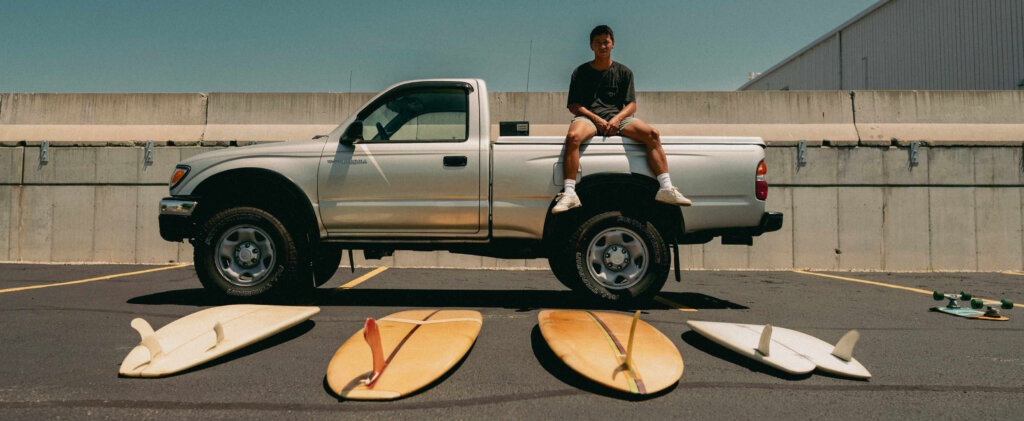
How To Acquire Music For Films
Acquiring music licensing for film festivals may seem like a daunting task, but at Musicbed we’ve made it easy for you. First and foremost, sign up to one of our subscription tiers.
Next, have fun browsing our catalog! We have a rich, extensive variety of cinematic music ready to license for your latest project and fully compliant with all festival rights for music in film. There are over 60,000 songs from 1,500 artists to pick from. When you’ve found the track you’d like to use, simply go ahead and click download.
What Single Song License to Use for Film Festivals
Are you wondering how to license music for film festivals? To enter your film into a film festival, a custom license is needed. Custom licenses are bespoke and nuanced, catering to very specific needs that aren’t generally covered by the licenses provided with our subscription tiers.
Of course, each project and festival is different, so the price for this particular license will be negotiated with an account executive on our licensing team based on the planned usage.
Requesting a quote is simple – you can do so here. Halfway down the page you will find the license quote form. When it comes to working with the Musicbed licensing team, it helps to have as much info and details about your film and the desired festival on hand.
What is a Public Performance License?
As the name suggests, a public performance license grants you permission to publicly display or perform copyrighted music in a public setting. For film screenings, this license is crucial because it legally authorizes the use of copyrighted music within the film when shown to an audience – whether that’s in theaters, festivals or other public venues. Without a public performance license, the screening could very well violate copyright law, leading to legal repercussions and financial penalties for the organizers. Once again, it’s your relationships and reputation in the industry that’s on the line here.
At film festivals and public showings in particular, a public performance license is going to be essential because these events involve displaying films to audiences in a public setting. The license ensures that any copyrighted music used within the film is legally authorized for that public performance. Film festivals often involve multiple screenings, and the license covers these instances, protecting both the festival organizers and filmmakers from legal issues related to copyright infringement.
Wrapping up
So, that’s the basics of music licensing for film festivals. At the end of the day, you’re stumping up a fair amount of money to enter these festivals and it’s going to be your reputation and relationships that will suffer if something goes awry when it comes to the music licenses.
To avoid legal issues and financial damage as well as potential violation of film festival rules, you want to ensure you’ve obtained all of the proper music licenses well in advance of your film festival entries and distribution. Using Musicbed’s services streamlines all of this, making it an easy and hassle-free process to enter any film festival in the world.















































































